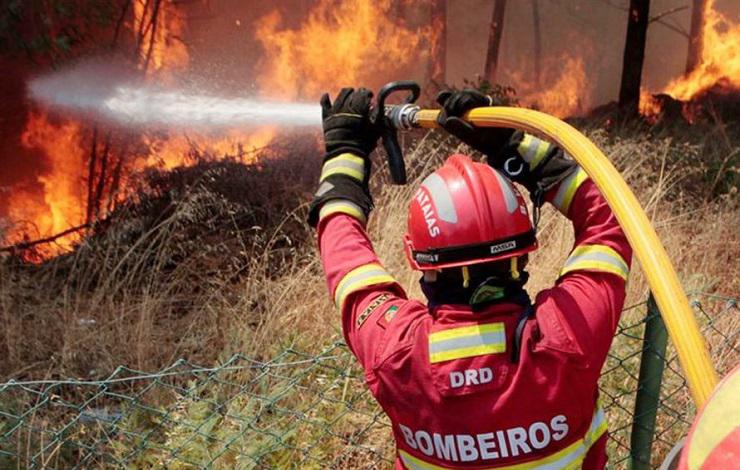29-07-2020

The “Floresta Limpa - Automatic surveillance and participation in forest fire protection zones” project, led by NOVA Laboratory for Computer Science and Informatics, applies innovative artificial intelligence and augmented reality techniques to reduce the risk and impact of forest fires through continuous monitoring of cleaning and maintenance of combustion fuel management tracks, as legally stipulated, in order to secure human lives, forests, the environment and material goods.
Boosting the data used to survey resources of temporary vegetation patterns, captured from satellite information, through artificial intelligence and automatic learning algorithms, the system developed by Floresta Limpa automatically and regularly will evaluate the state of cleanliness of the variables in the fire fuel management tracks, as well as the evolution of fuel material from other areas of interest monitored recently burned, deforested or planted, which end up contributing or functioning as containment areas for the spread of fires. The remote information collected will be combined and validated with data collected on the ground. Additionally, it will also be integrated into a smartphone application, exploring augmented reality to obtain information in situ, to facilitate and assist the work or contribution of municipalities, authorities and the general public.
The programme is coordinated by Carlos Viegas Damásio, a researcher from the Knowledge-Based Systems group at the NOVA Laboratory for Computer Science and Informatics (NOVA LINCS), and was selected for funding in the Competition for Scientific Research and Technological Development Projects in the scope of Prevention and Combat of Forest Fires promoted by the Foundation for Science and Technology, in which 19 projects were selected from among 81 evaluated applications.
The projects financed under this competition aim to promote scientific research and innovation, allowing the production of new knowledge and strengthening technical skills, in diverse core areas for the prevention and combat of rural fires, in a multidisciplinary perspective, incorporating a component of dissemination and application of the results that may be obtained.
The team additionally includes NOVA LINCS researchers Fernando Birra and Teresa Romão (Multimodal Systems), João Leitão (Computer Systems), João Moura Pires and Susana Nascimento (Knowledge-Based Systems), in interdisciplinary collaboration in the context of the thematic line “ Computing for Sustainability ”of the Laboratory.
The Floresta Limpa project has the participation of INESC ID, Portuguese Institute of the Sea and the Atmosphere, I. P. (IPMA), the Municipality of Mação and Navigator Forest Portugal S.A..